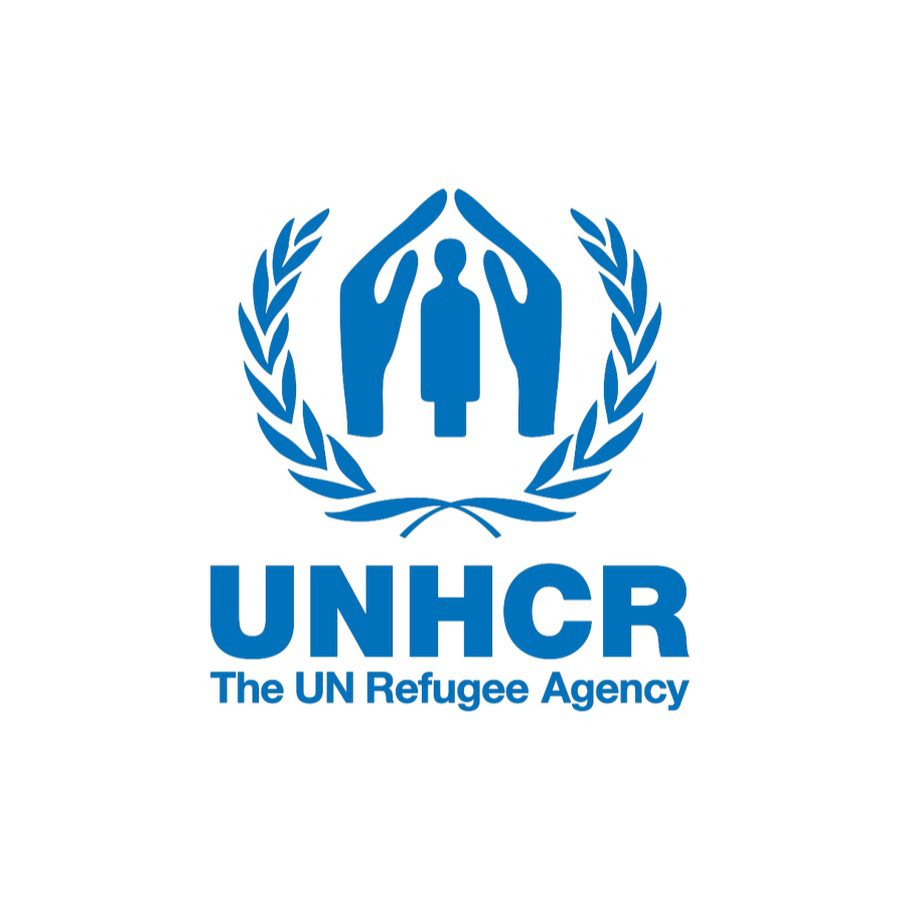The impending cuts in humanitarian aid by wealthier nations have placed over 1 million Rohingya Muslims at heightened risk of food shortages, deepening the sense of desperation in the overcrowded refugee camps of Bangladesh.
A reduction in food rations following aid cuts is expected to worsen the crisis, warned the medical aid organisation Doctors Without Borders (MSF) in response to a United Nations (UN) announcement regarding funding shortfalls.
“We know what desperation and the need to survive in these closed camps lead to, including increased violence and exploitation, particularly affecting women and children,” MSF stated.
“Many refugees tell us they fear the situation will only deteriorate further,” it added.
The United Nations World Food Programme (WFP) has announced that, starting in April, food assistance for each refugee will be reduced to just $6 from $12 per month.
This drastic cut means that each refugee will have to survive on a mere 25 Bangladesh taka per day — an amount far below what is needed to meet even the most basic nutritional requirements.
Bangladesh is currently home to more than one million Rohingya refugees, over 750,000 of whom fled Myanmar’s Rakhine state following a military crackdown in 2017.
While some have been relocated to Bhasan Char, the vast majority remain in the crowded and unsanitary camps of Cox’s Bazar.
The Rohingya refugees rely entirely on international aid for food, shelter and healthcare, as they are barred from formal employment in Bangladesh. With impending cuts to food assistance, they now face extreme deprivation.
Experts warn that this deepening food crisis could destabilise the camps, leading to increased crime and security threats. Stripped of essential aid, the already vulnerable Rohingya population may resort to desperate measures.
There is growing concern that armed groups, criminal networks and extremist factions could exploit hunger and deprivation as recruitment tools.
Security officials have reported a rise in drug trafficking, human smuggling and organised crime within the camps. Law-enforcement sources suggest that some residents are being drawn into transnational criminal networks, further complicating regional security challenges.
“When a population is systematically deprived of its basic needs, it creates a fertile ground for unrest, radicalisation and illicit activities,” warned a security expert on condition of anonymously.
A food crisis of this scale risks evolving into a broader catastrophe—not just a humanitarian disaster, but also a major security threat to Bangladesh and the wider South Asian region.
During a recent visit to Cox’s Bazar, UN Secretary-General António Guterres renewed calls for financial support from wealthier nations, cautioning that without immediate intervention, the situation would become unsustainable.
However, the international response has been largely subdued. Donor fatigue, shifting geopolitical priorities, and global crises such as the war in Ukraine and the conflict in Gaza have diverted aid resources elsewhere, pushing the Rohingya crisis to the margins of global attention.
For over six years, the Bangladesh government has shouldered the responsibility of hosting the Rohingya, despite its own economic constraints. While Dhaka continues to seek international support, it is increasingly evident that long-term refugee management is unfeasible without sustained global assistance.
In light of the looming crisis, experts urge Bangladesh to intensify diplomatic efforts to secure emergency funding. At the same time, law-enforcement agencies must remain vigilant to prevent crime and unrest within camps.
With WFP’s funding cuts set to take effect in April, hundreds of thousands of refugees will face severe hardship, increasing risks of instability and exploitation. Without urgent international aid, the consequences will extend beyond the refugee camps, potentially destabilising Bangladesh and the broader South Asian region.
The aid cuts come at a particularly critical moment, as newly arrived refugees fleeing the conflict between the Arakan Army and Myanmar’s military in Rakhine state are already struggling to survive by relying on the meagre rations of others.
“I am a burden. They share their scarce food with me,” said Rahima, a recently arrived Rohingya woman, describing the persistent struggle for sustenance.
MSF has called on donors, governments and international agencies to bridge the funding gap of approximately $115.6 million to ensure the survival of the Rohingya refugees in Bangladesh.
Impending aid cuts deepen desperation in Rohingya camp

Leave a comment

